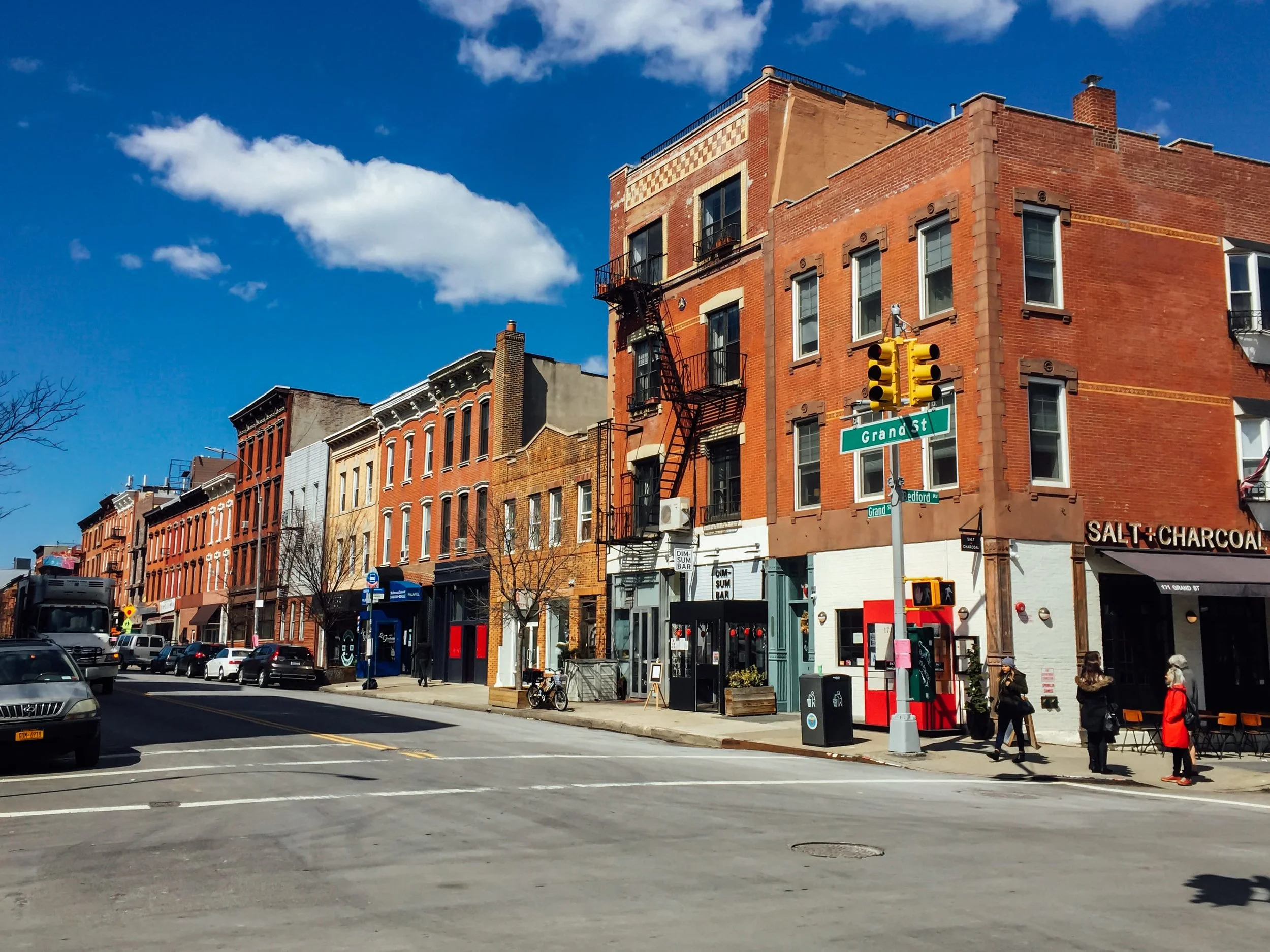How do the words of the Bible challenge our city’s incredible growth? The following is an editorial published in the Tennessean by Eddie Latimer, founding CEO of Affordable Housing Resources, a Nashville non-profit, and a NeighborWorks America Organization, on ways city residents can embrace a love for their neighbor by considering their impact on lower income neighborhoods and the workforce in Davidson County.Gentrification is a fact of the Nashville and with it comes tensions of many kinds. Eddie attempts to make sense of it in light of the Bible and causes us to think: What is the responsibility of a Christian in a high-growth city? This op-ed was originally published in The Tennessean on January 17, 2018.
Our next door neighbors were young, struggling musicians.
A few years back they made financial sacrifices to move to Nashville, as this was the best place to figure out their future in the music industry.
They lived in a one-bedroom duplex for $650/month, with the other side being rented by a senior on a fixed income. They had a decent landlord, but Nashville’s accelerating real-estate market consistently brought many investors (most from out of town) to her door wanting to buy their duplex for significantly more than they ever thought possible.
Being too wise to sell, the landlord did double the rents as a result of her experience with the investors.
Due to these new higher rents, our musical neighbors had to move back home, and Nashville lost more housing stock that was serving our creative class, food service and construction workforce.
The landlord promised the senior in the other duplex that she would keep his rent at $650, but when he moves out this rent will go to $1,300 and the unit will be lost forever to our seniors.
Do we care?
Nashville is actively displacing our lower income residents, similar to my former neighbors.
In 2015 and 2016 combined, we lost more than 5,000 affordable homes and apartments with rents that were under $750/month.
Redfin, a residential real estate data company, identified that much of Nashville’s real estate acquisitions and development funding are by wealthier residents originally from the coastal areas who are moving inland to urban communities like Nashville, Salt Lake and Atlanta, because here they can buy and develop more home for the buck.
The result is land and home prices are soaring out of reach for our normal residents. This is making living in Nashville difficult, if not impossible, for many of our neighbors in East Nashville and all over Davidson County.
But as a city we seem to feel that this is an unintended consequences of an economic boom—no malice intended.
This fall my congregation has been reading passages from the Hebrew Scriptures on God’s concern for those with lesser and even no means.
I have been struck that there are consequences for a society whose actions displace the poor. A summary passage is, “I myself (the creator God) will judge between the fat sheep and the lean sheep. Because you pushed with your flank and shoulder, and butted at all the weak animals with your horns until you scattered them far and wide, I will save my flock and they shall no longer be ravaged; and I will judge between sheep and sheep.”
One of the consequences of Nashville’s boom is that those with means are displacing those of lower means, intentionally or not. Ask my former neighbors.
I do not believe that as a rule our shouldering and butting out the weak is by design; but, nonetheless, it is the result of the last several years of unrestrained growth – growth without any formal city policy on preservation and replacement.
The focus of recent real estate business has been to serve the wealthy (the Barnes Fund being an exception).
This focus by the wealthy on maximizing profits is having negative repercussions on the lean sheep of Nashville.
We are told that we will be accountable for butting out the weak. We have to stop believing that because we had no intention to hurt someone, but we do, that we are innocent.
Many cities are driving out the lean sheep though real estate shifts. Nashville can say, “so be it, it’s a natural consequence of business;” or Nashville can say, “this is not who we are and we need to creatively find a way to make Nashville a city for persons of all incomes, professions, and special need challenges.”
But should we choose to change our negative actions on the lean sheep, it will require difficult purposeful choices and actions.




